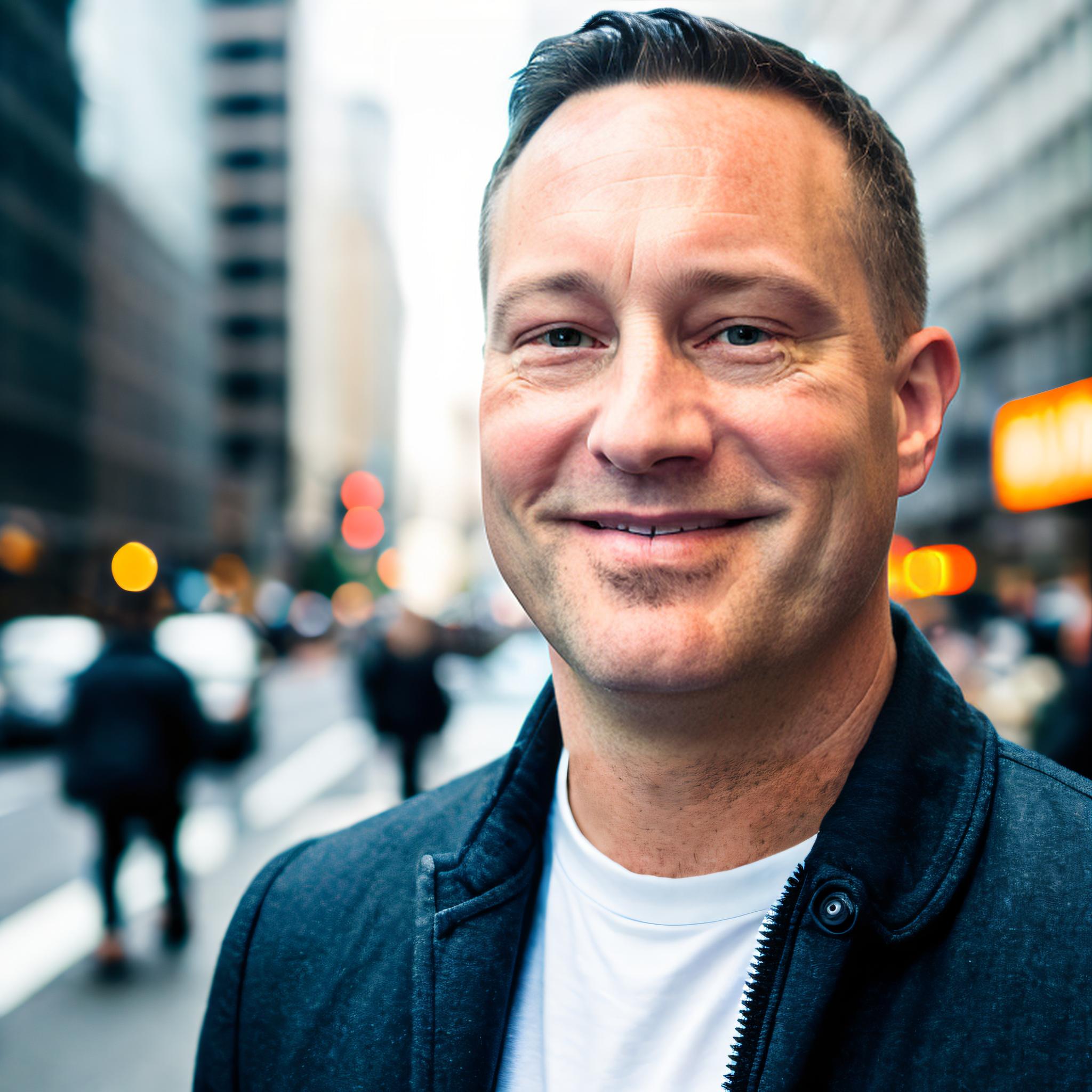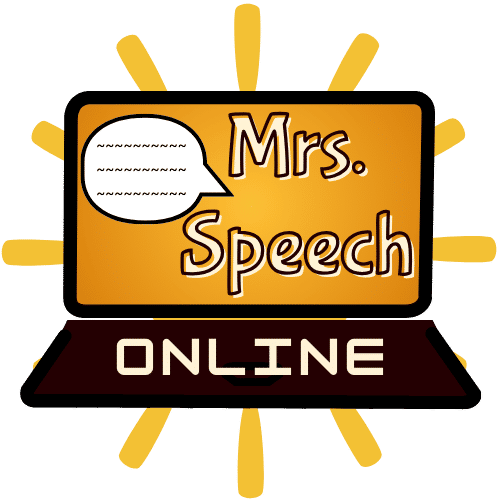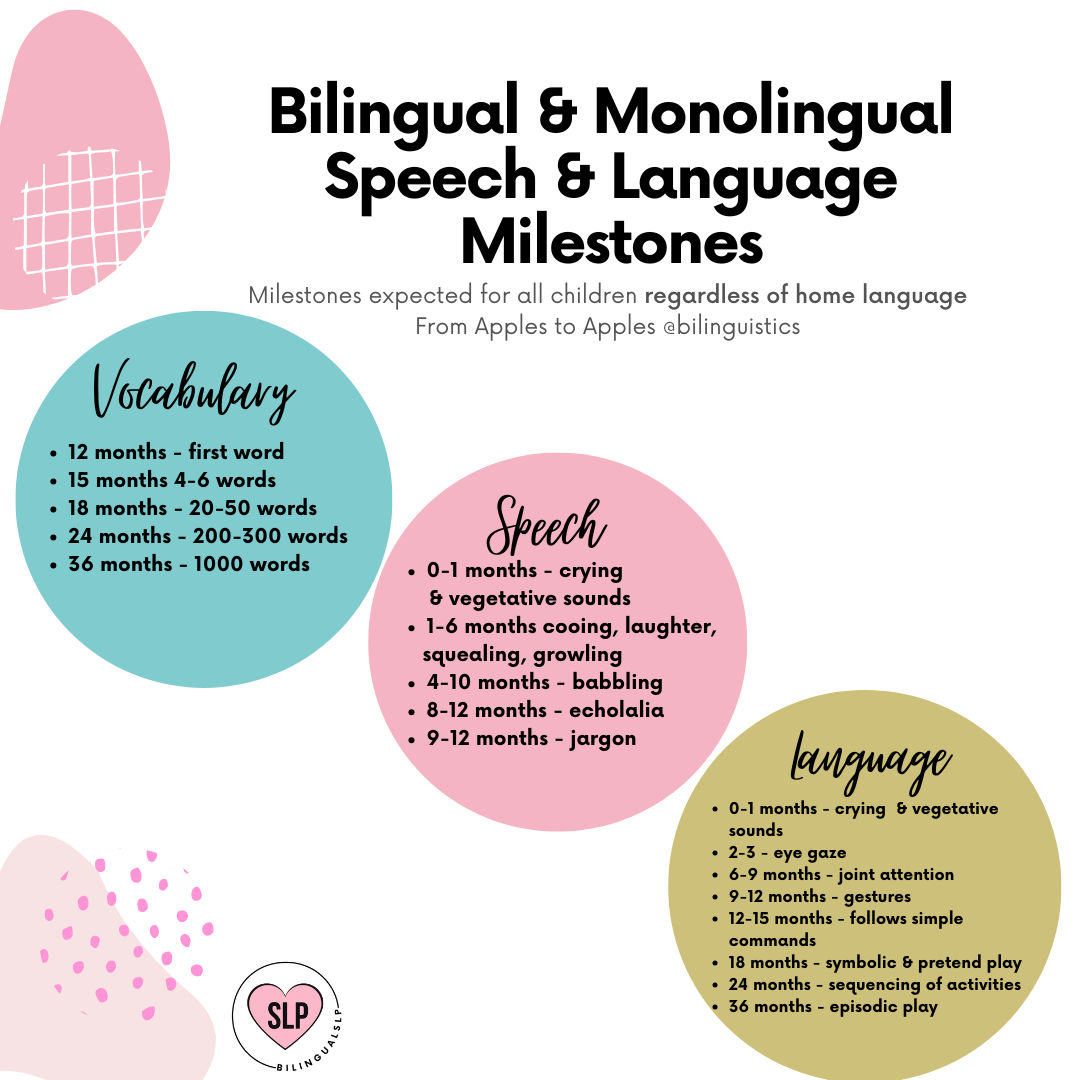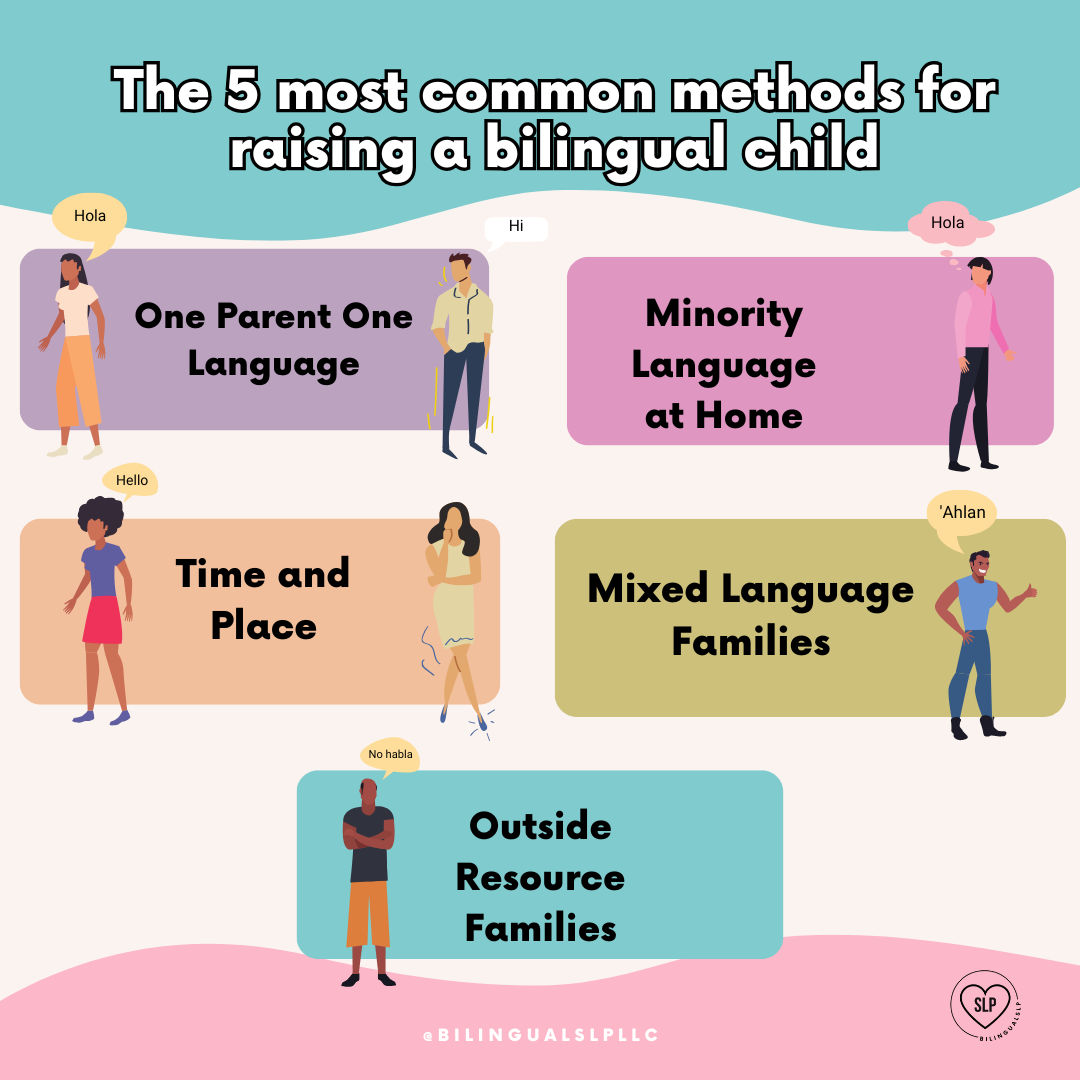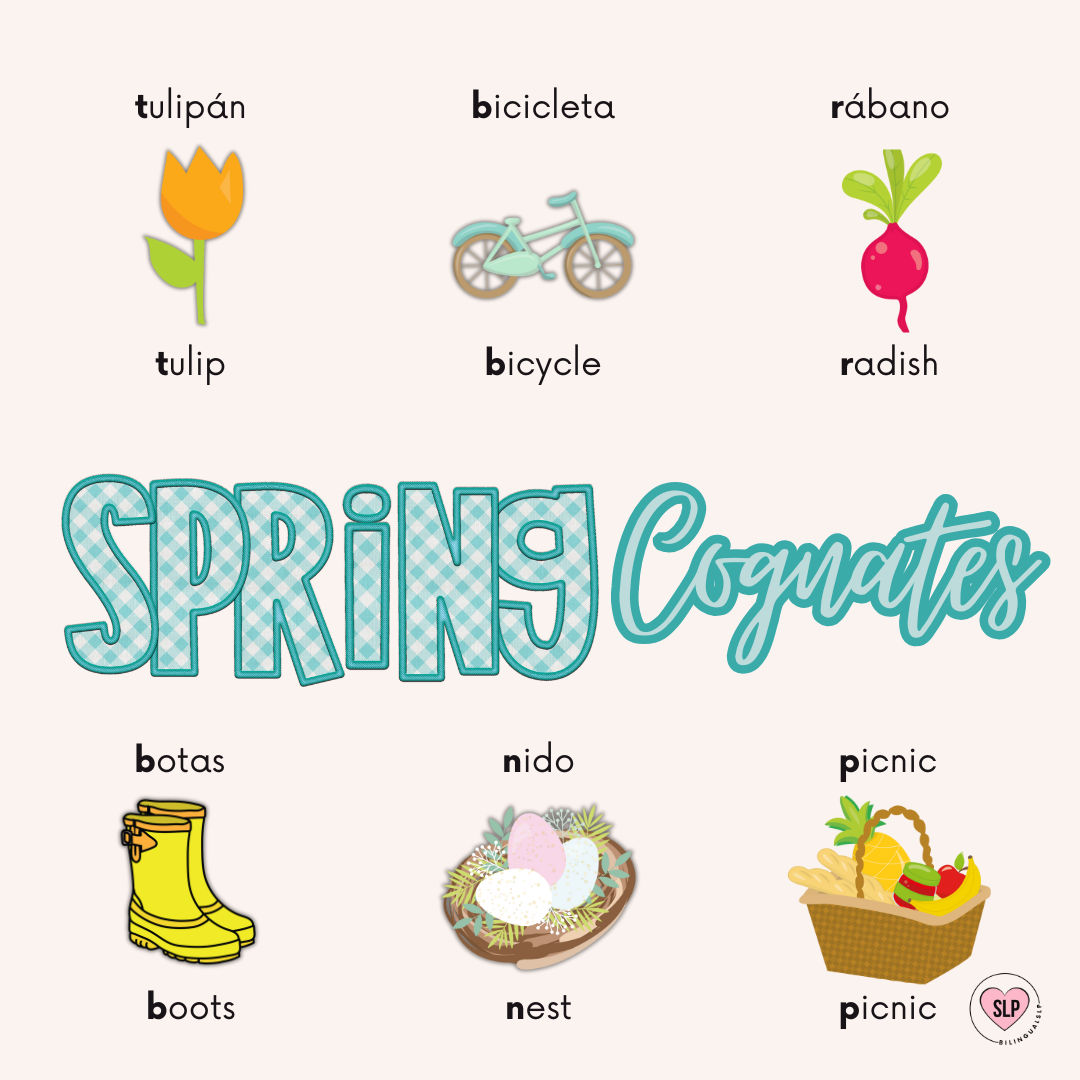SLPs spend 15+ hours a week on paperwork. Caseloads of 60, 70, even 80 students. IEPs that take hours to prep, run, and follow up. Scheduling that feels like solving a Rubik's cube blindfolded. And after all that, you still have to find time to actually do therapy.
Research shows that when caseloads cross 45 students, nearly half of SLPs say their workload is unmanageable. At 60 or more, that number climbs to 70%. And 75% of school-based SLPs have considered leaving the field entirely.
We built EASI because we are SLPs, and we have lived this.
EASI is a HIPAA-secure platform that includes MySLP (My Second Look Protocol), a clinical assistant trained on every state's IEP eligibility criteria and years of proprietary clinical data. It does not think for you. It helps you verify whether your clinical decisions are sound or need a second look.
The platform also includes language sample analysis that transcribes speech in context, including filler words and disfluencies, and calculates MLU, IPSyn, percentage of consonants correct, and more. Coming soon: a record review feature that compiles your test scores, previous reports, and IEPs into comprehensive evaluations.
And yes, MySLP can help with scheduling. Put your caseload and available times in, and it generates a schedule for you.
We are looking for beta testers before our early 2026 launch. If you want early access, sign up here.
